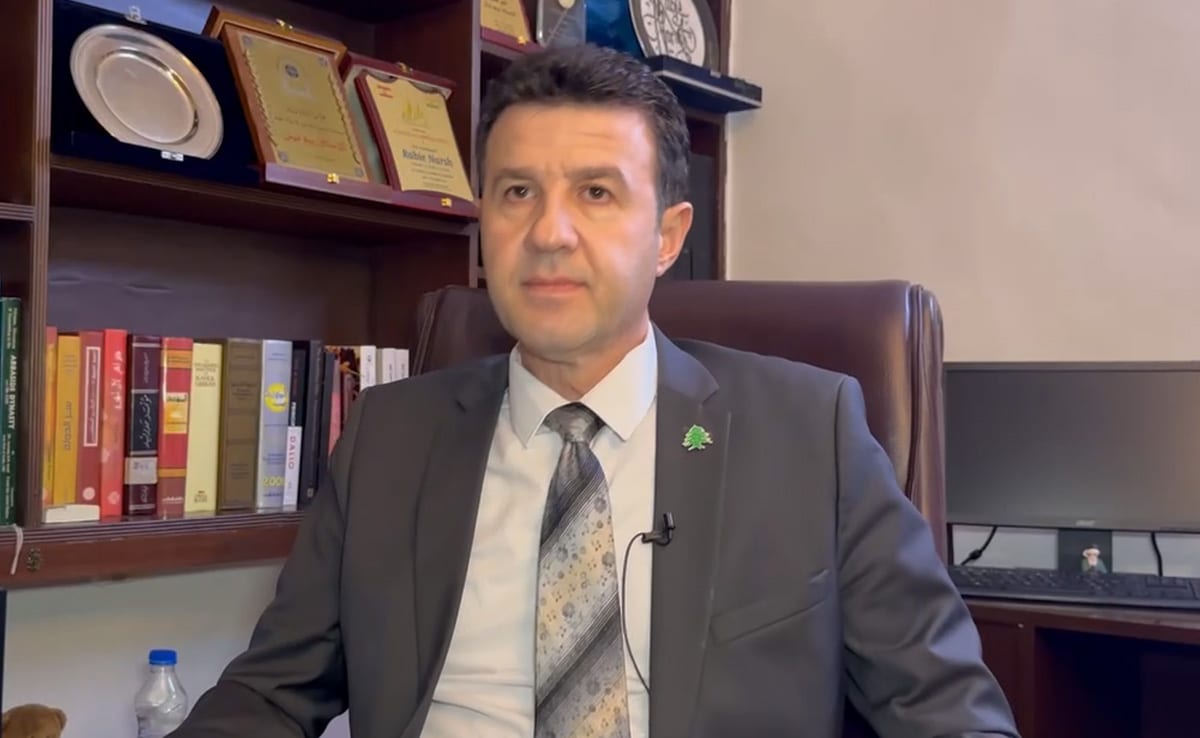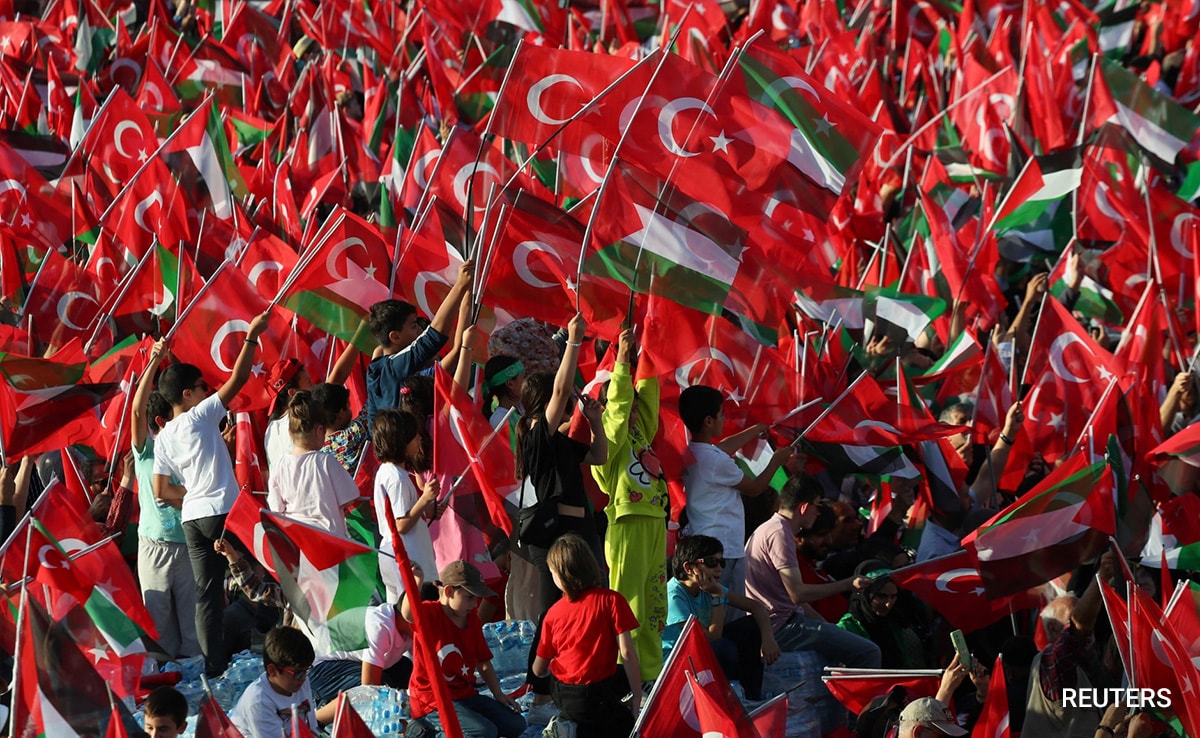Indian students evacuated from Israel arrive at Delhi airport, in New Delhi, India, on October 13, 2023.
| Photo Credit: AP
Glad to be home and traumatised by what they had seen in the last few days, the first batch of around 200 Indians returned from Israel on October 13 with the sound of air raid sirens, rocket fire and screams ringing loud in their ears.
Israel witnessed a surprise and unprecedented attack by Hamas in its southern parts on Saturday morning. At least 700 people have been killed and more than 2,100 injured in Israel — the deadliest day for the country in at least 50 years.
“We woke up to sounds of air raid sirens. We stay in central Israel and I don’t know what shape this conflict will take,” said Shashwat Singh soon after landing at Delhi airport along with his wife.
The post-doctoral researcher in agriculture, who has been staying in Israel since 2019, said the sound of those sirens and the nightmarish experience of the past few days still haunt him.
The evacuation of Indians is a “praiseworthy step”, Mr. Singh said soon after the flight landed. “We hope peace will be restored and we will return to work… The Indian government got in touch with us via email. We are thankful to Prime Minister Modi and the Indian Embassy in Israel.” India has launched Operation Ajay to facilitate the return of those who wish to come back home as a series of brazen attacks on Israeli towns by Hamas militants over the weekend triggered fresh tension in the region.
Many students who returned home recalled the fateful night of Saturday and how they had to rush to shelters multiple times in the wake of rocket attacks by Hamas.
Suparno Ghosh, a West Bengal native and a first-year Ph.D student of the Ben-Gurion University of the Negev at Beersheba in Israel, was also among the group of Indians who reached Delhi on the special flight.
“We could not know what happened. On Saturday, some rockets were launched. But, we were safe in shelters… the good thing is that the Israeli government has made shelters everywhere, so we were safe,” he said.
Several women students also recounted the grim situation they faced when the attacks happened. “It was a panic situation. We are not citizens there, we are just students. So, for us whenever the sirens go on, it’s a panic situation for us,” Jaipur native Mini Sharma told PTI.
Asked when she received the information about the rescue flight, she replied, “Just a day before.” “We packed our bags yesterday morning after receiving a message from the Indian Embassy. They were very helpful. We were able to get in touch with them round the clock,” Ms. Sharma said.
Deepak, another student, said, “We heard sirens on Saturday. We could also hear the sound of the attack. Israeli authorities were instructing us (to take safety measures). I am happy to return home but at the same time sad that our friends are there (in Israel).” “The evacuation process was very smooth,” the student told reporters.
Duti Banerjee, another West Bengal native who was also among the first batch of Indians evacuated from Israel, said the situation in Israel was “pretty messy and unsettled”.
“Normal life has been paused. People are scared and angry. Even when I was leaving, I heard sirens and had to go to a shelter,” she said. Soni, another student, thanked the government of India and Israel for “taking such good care of us”.
“I booked two flights as I was not sure when would the Indian government evacuate us. But, I am glad to be back… many Indians still in Israel,” she said.
Ministry of External Affairs spokesperson Arindam Bagchi on October 12 said around 18,000 Indians are currently residing in Israel while about a dozen people are in the West Bank and three to four are in Gaza.
Union Minister Rajeev Chandrasekhar welcomed the passengers at the Delhi airport as they streamed into the lounge area from the tarmac side. He greeted them with folded hands and also shook hands with many of them saying, “Welcome home”.











